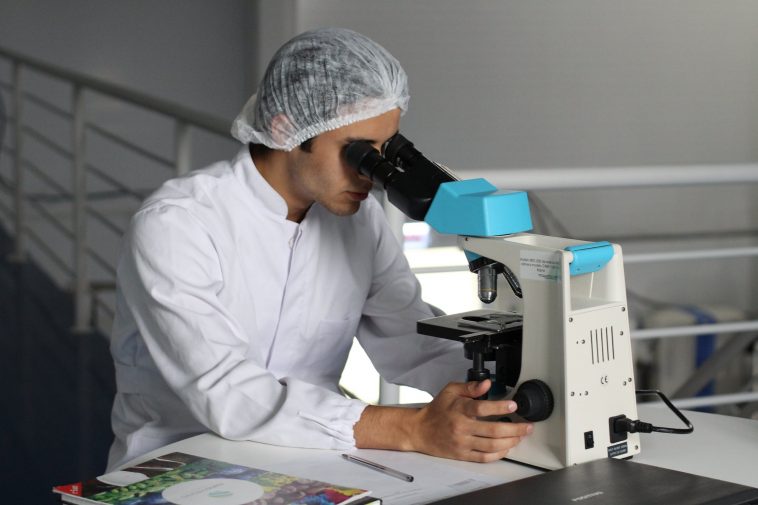The link between technology and medicine has been obvious for quite some time now, but it seems like many people are still looking at it the wrong way. Or rather, it looks like many still don’t see the full picture, and have a limited view of how technology improves the situation. And it’s important to correct that early on because a more informed society on this front is something that will benefit all of us in the future. One of the most important factors to understand is that today, the entry barrier for medicine as a whole is far lower than it used to be in the past, and this is largely due to recent technological advancements.
New Degree Programs That Provide Unique Angles
Those interested in helping out in the medical field but who lack the knack for things like biology and chemistry on a deep level can look into a program that combines medicine and technology in relatively equal parts. While some fundamental knowledge of medical subjects will still be necessary, the depth is far from what one can expect when going through a purely medical degree. The Biology-Cytotechnology program offered by Marian University is a good example of this.
Information Is Easier to Obtain Than Ever
And it’s not just about higher education, either. Those interested in learning more about medicine because it can impact their work in some positive capacity have a lot of opportunity for that thanks to the internet, and this is something that should not be underestimated. While you obviously won’t be able to educate yourself on the level that a university would, at least not in remotely the same timeframe, the Web can still work wonders to help you acquire a deeper understanding of the subjects that you work within your own profession.
Bridging the Skills Gap
That brings us to our next point – sometimes experts in certain fields only need a small “bridge” of knowledge to connect the dots to another area that’s important in their work. Thanks to technology, this gap is easier to close than ever, and there are various educational courses and training programs aimed at exactly that these days. Some experts don’t stop improving in this regard, constantly seeking new opportunities to expand their skill set and acquire new relevant knowledge that can help them get better at their own work.
The bottom line is, medicine has advanced in significant leaps in the last couple of decades, and this is largely due to the impact of recent technological advancements in the field. And it’s exciting to think of the possibilities for the future too – we’re likely only seeing the tip of the iceberg with regards to what’s possible. After all, technologies like artificial intelligence are still in a relatively young phase, yet they hold a huge potential to change the field completely. Only time will tell which specific areas of technology will prove truly useful for those seeking to broaden their knowledge in medicine.






